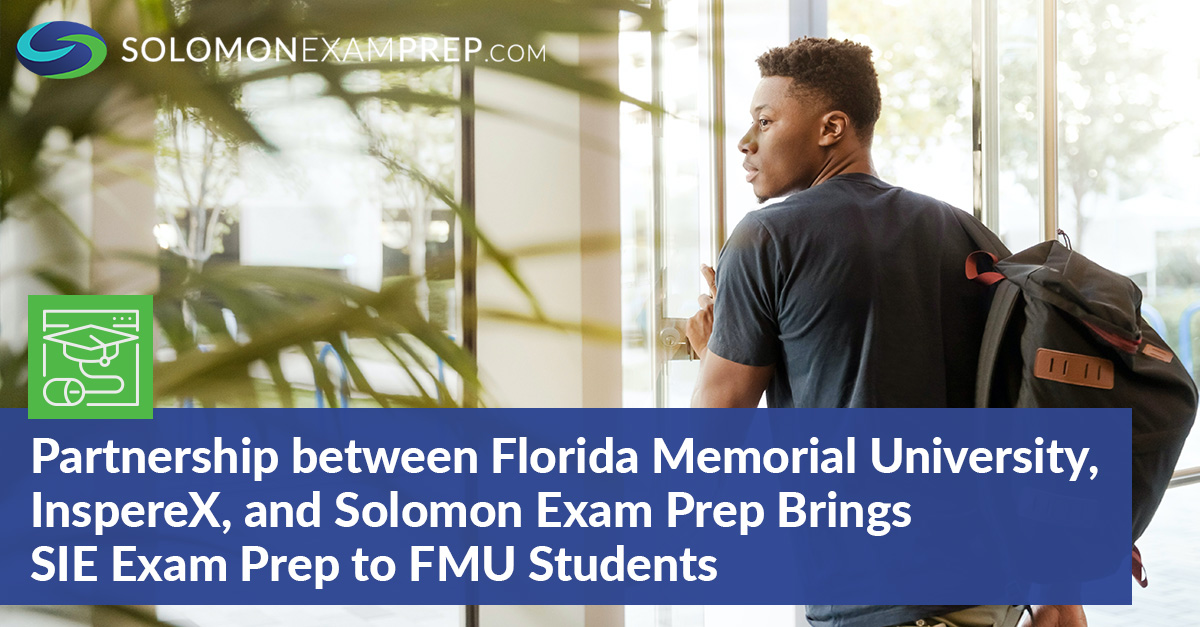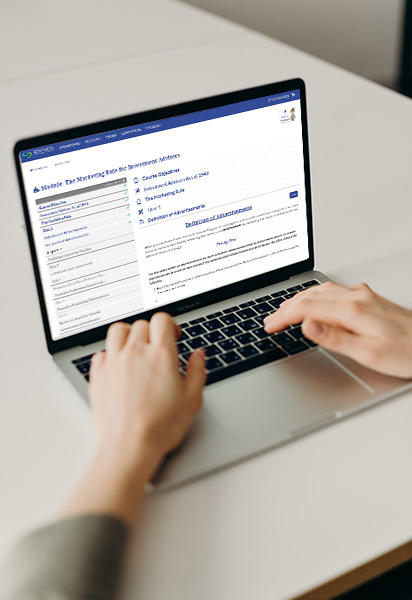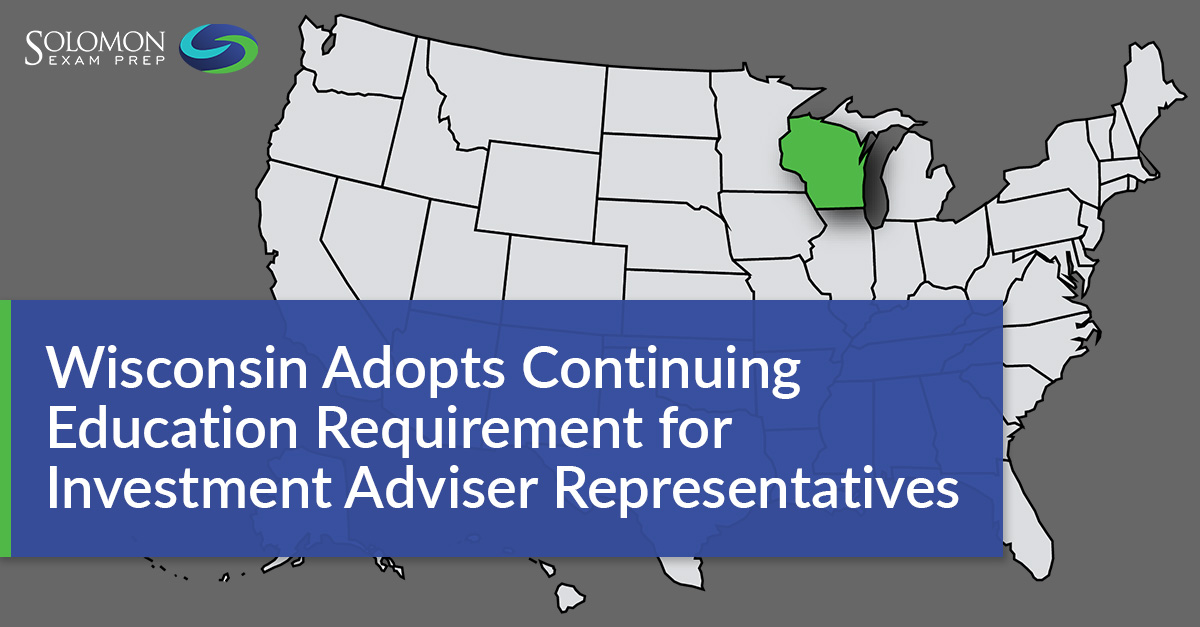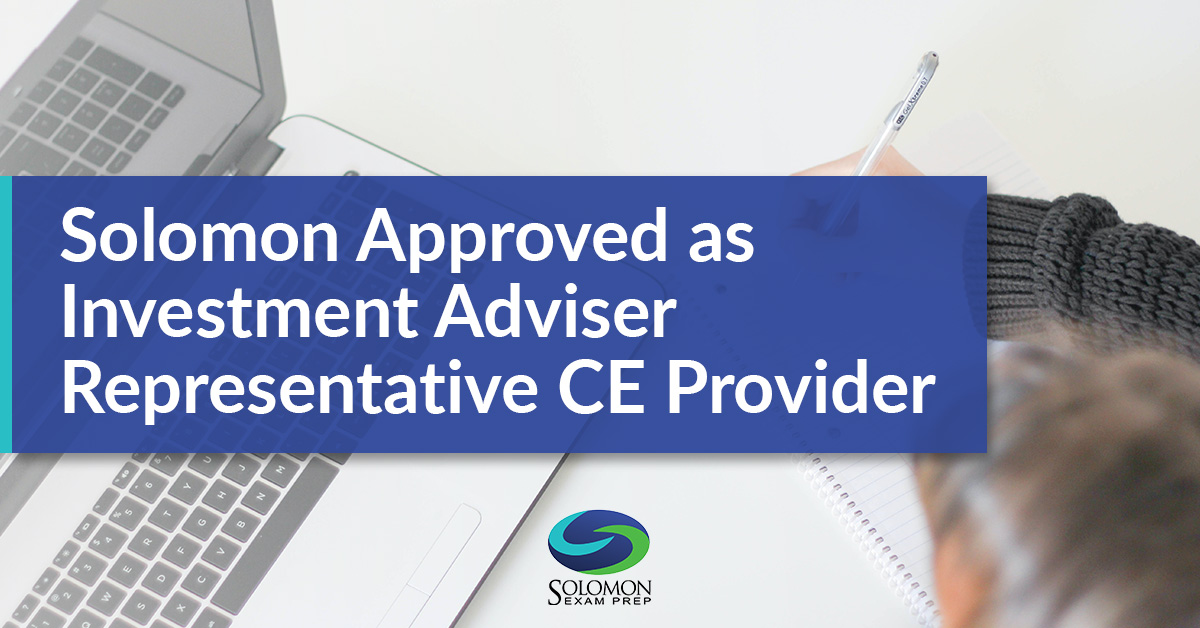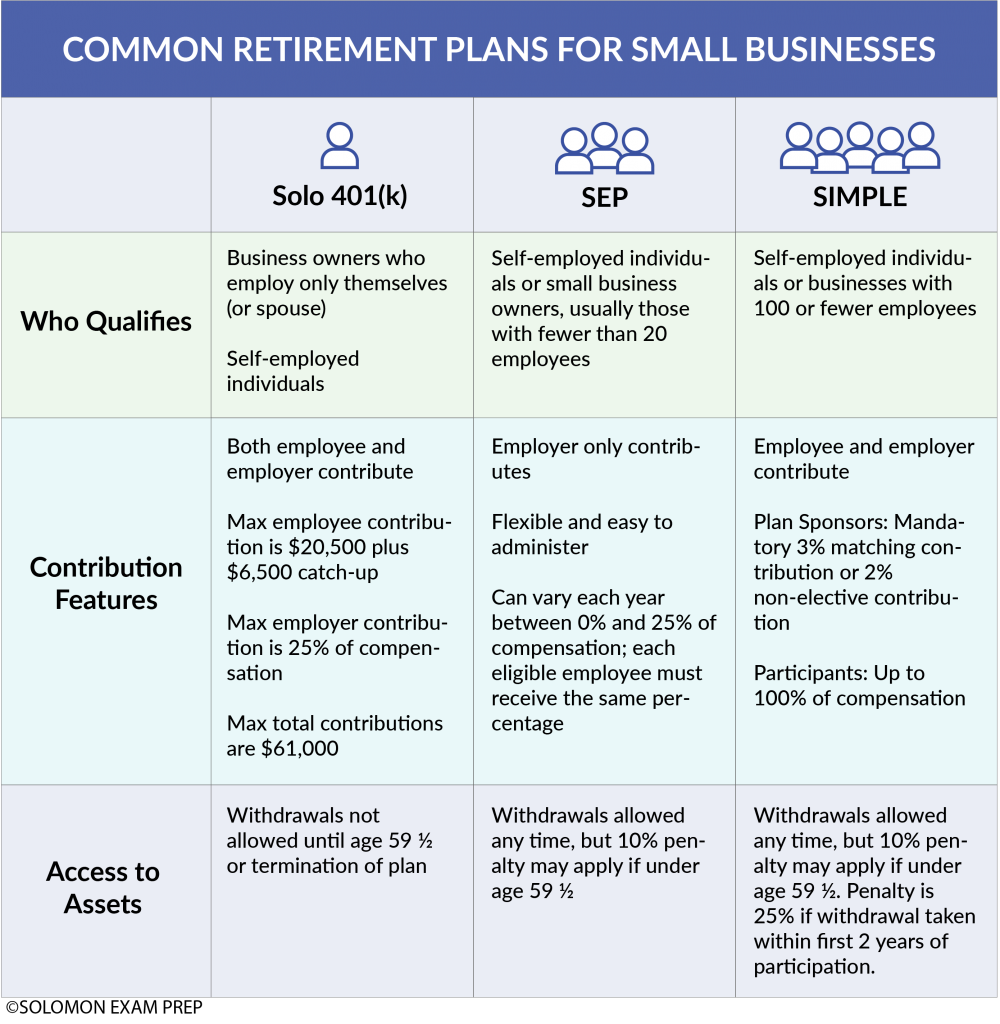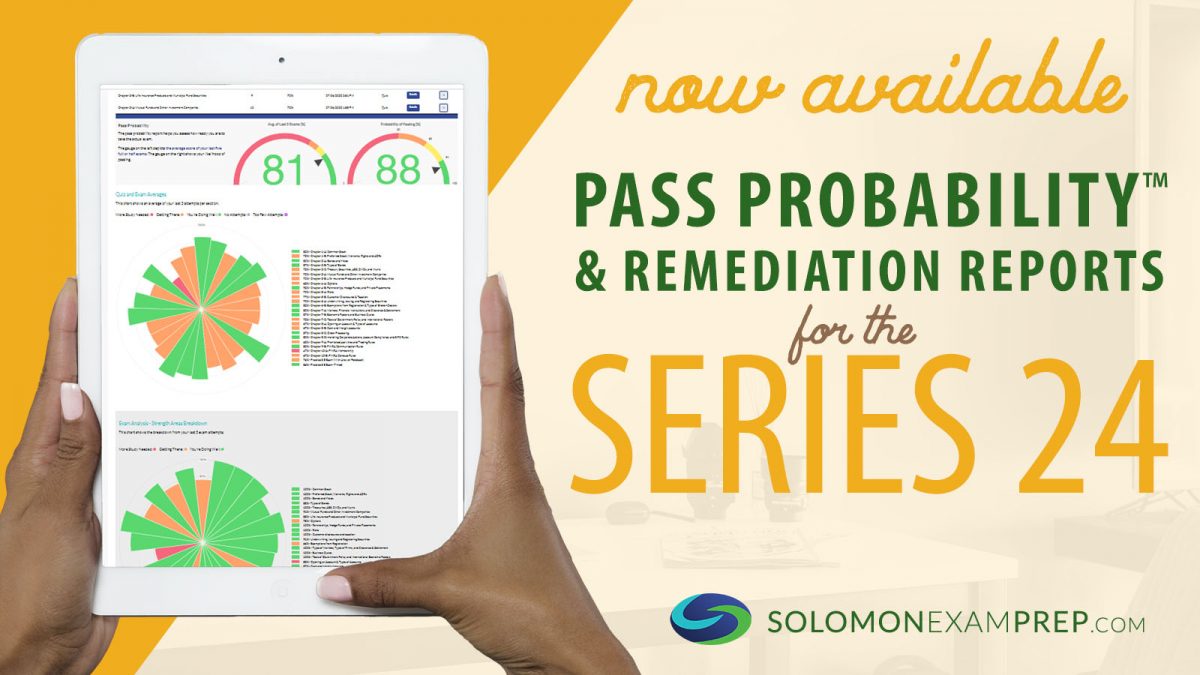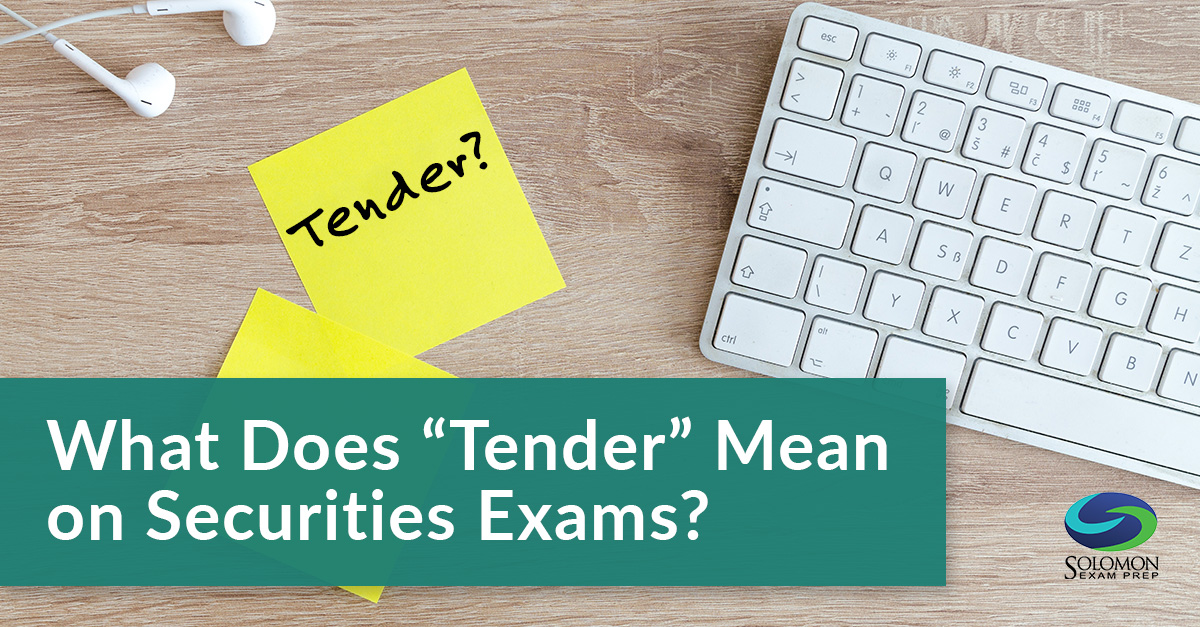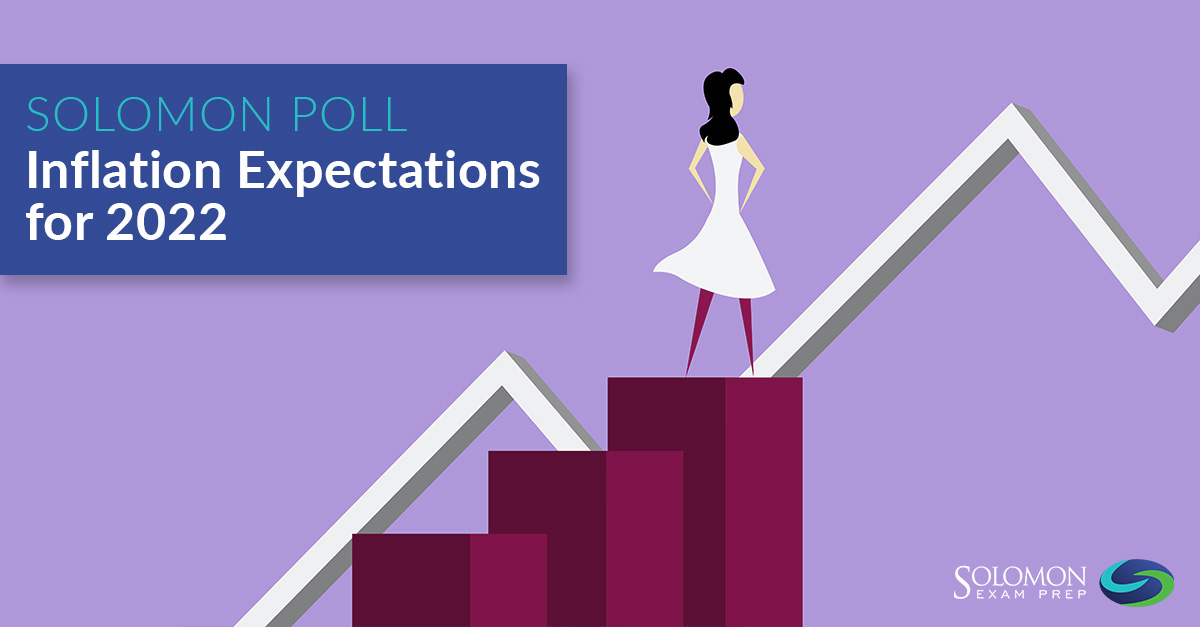Solomon Exam Prep is pleased to announce a partnership with Florida Memorial University and InspereX to support FMU School of Business students in preparing for and taking the FINRA Securities Industry Essentials (SIE) Exam. Through this partnership, FMU is offering an SIE Self-Study Program led by Visiting Instructor of Finance and Marketing, Lawrence Goehrig, in Spring 2022.
Thanks to the generosity of InspereX, FMU students will receive the top-of-the-line Solomon SIE Total Study Package. InspereX is also funding the purchase of hardcopy Study Guide upgrades for all students in the program, plus the FINRA SIE Exam fee, which is $80.00 per student.
Solomon Exam Prep President Jeremy Solomon says
“Solomon is honored to work with FMU and InspereX to help prepare students to take the FINRA SIE Exam. The SIE is the foundational exam required for anyone who wants to become licensed to work in the securities industry, and passing the SIE exam will give FMU students a competitive edge in the job market.”
Geared to fit a variety of learning styles, the Solomon SIE Exam Total Package includes the full line of Solomon SIE materials: digital Study Guide, Exam Simulator, Audiobook, Video Lecture with downloadable slides, and digital Flashcards. Students will also be able to take advantage of free resources and tools, including Solomon Study Schedules and Solomon Pass Probability™ technology. And with access to the Solomon Instructor Admin Portal, Professor Goehrig will be able to monitor his students’ progress to assist them as they study.
Florida Memorial University, founded in 1879, is one of the oldest academic centers in Florida, and is the only historically Black university in southern Florida. The university offers 27 undergraduate degree programs and three master’s programs.
InspereX is a leading fintech transforming how fixed income securities and market-linked products are accessed, evaluated, and traded. The firm has principal offices in Delray Beach, San Francisco, Chicago, and New York City.
About Solomon Exam Prep
Founded by Karen Solomon (Ph.D., University of Chicago) and Jeremy Solomon (MBA, Wharton), Solomon Exam Prep has helped thousands pass their securities licensing exams including the SIE, Series 3, 6, 7, 14, 22, 24, 26, 27, 28, 50, 51, 52, 53, 54, 63, 65, 66, 79, 82 and 99.
Solomon Exam Prep partners with dozens of colleges and universities to bring the Solomon SIE exam prep program to students across the country. Join institutions such as Florida Memorial University, Pepperdine University, the University of North Carolina at Pembroke, University of Delaware, Adelphi University, University of Nebraska-Omaha, Seton Hall University, Ohio Dominican University, Georgetown University, Widener University, and University of Dallas in partnering with Solomon.
To learn more about the ways colleges and universities can partner with Solomon, contact Beth Hamilton, Higher Education Development Manager, at beth@solomonexamprep.com or 503-601-0212.

